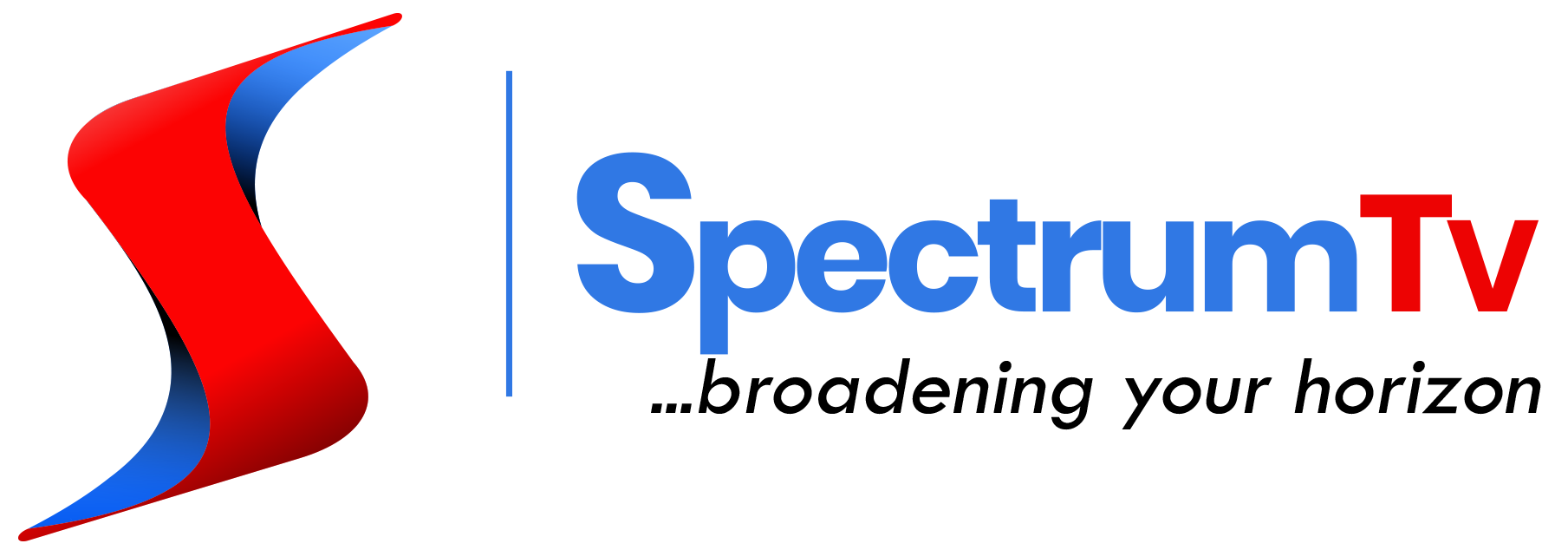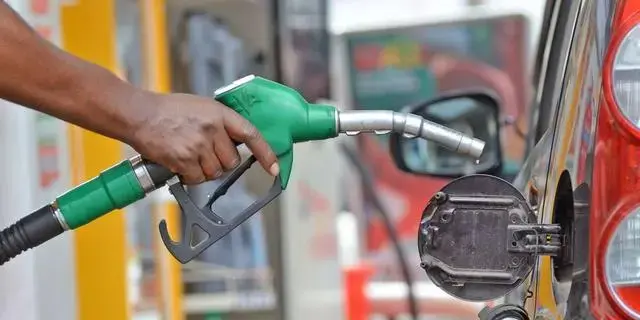Nigeria’s downstream petroleum industry may have gone into a frenzy, following clear indications that the Federal Government may no longer sustain the cost of under-recovery, otherwise known as subsidy, due to a the steady rise in petrol import bills.
Industry operators told newsmen that it is now clear that pump price may be officially raised soon to enable the government, through the Nigerian National Petroleum Company Limited, NNPCL, to generate enough funds to settle its outstanding bills on products received on credit supply by several international dealers.
Consequently, they speculated that a compromise pump price of N1,000 per litre or more may be underway, though some of them quoted the landing cost of the product at about N1,200 per litre, excluding the cost of delivery to petrol stations.
Presently, NNPCL, according to the dealers, is no longer getting adequate supply to meet the nation’s needs, a situation which has worsened the product scarcity in the past one week while imposing excruciating pains on the transportation sector and the entire citizenry.
The shortage in supply, they further explained, was because some of the suppliers are no longer willing to deliver the product on credit. They also said that more of the products are now being smuggled out of the country.
The current transactional analysis obtained yesterday, put the landing cost, including product cost, finance cost, freight, port charges, insurance, storage and the Nigerian Midstream and Downstream Petroleum Regulatory Authority, NMDPRA at N1,205.52 per litre.
However, when the transportation cost, marketers’ margins and dues were added, the estimated official pump cost of the product rose to N1,405 per litre.
This indicates that at the proposed N1,000/ltr, under-recovery (subsidy) would still be significantly high, a situation which they said has put the government in a dilemma of choosing between full cost recovery (total elimination of subsidy) or a compromise position of splitting the cost between government and final consumers in a N1,000/ltr pump price.
The NNPC Ltd has already indicated that it cannot continue to sustain fuel importation at rising cost while passing the cost to final consumers is proving a difficult decision.
The nation’s oil company was permitted by President Bola Tinubu to utilise the 2023 final dividends due the federation, amounting to N2.1 trillion, to pay for the petrol subsidy.
The president also approved the suspension of the payment of 2024 interim dividends to the federation to augment NNPC’s cash flow, according to a presidency source.
In addition, the national oil company told the president it will be unable to remit taxes and royalties to the federation account for now because of subsidy payments, which it termed “subsidy shortfall/FX differential”.
NNPC’s cumulative petrol subsidy bill from August 2023 has been estimated at N6.884 trillion by December 2024, making it impossible for the company to remit N3.987 trillion in taxes and royalties to the federation account.
In June 2024, NNPC cried out to Tinubu that the subsidy payments were negatively impacting its cash flow and it was struggling to remain a “going concern”, adding that it might not be able to sustain petrol imports because of the ballooning subsidy bill, which it blamed on “forex pressure”.


